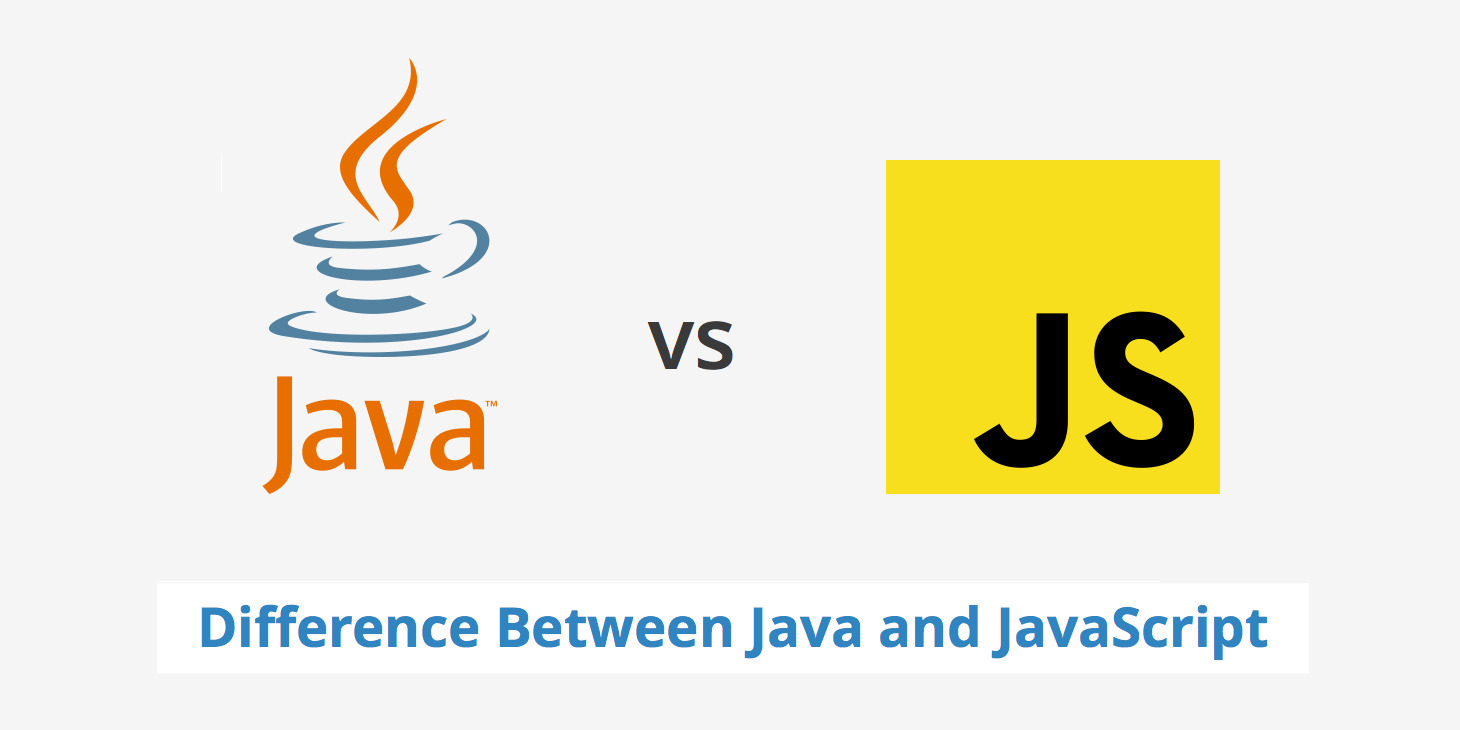Fashion enthusiast | Posted on | Science-Technology
What is the difference between Java and JavaScript?
| Posted on
Understanding the Differences Between Java and JavaScript
Java and JavaScript are two languages that originate from the same source but are of wide use for different reasons. Despite having the same names, these programming languages are diverse when it comes to both the nature and usability of their functions. The article is a comparison between two different programming languages detailing some of their functionalities, syntax, and applications.

Definitions and Origins
1. Java
Java is a high-level, object-oriented programming language that was first developed by Sun Microsystems in 1995. Oracle Corporation currently owns it. What Java aims at is platform independence, which lets the developer write code for any device that can run on the JVM. Java is renowned because of its robustness, security, and incredibly wide range of libraries; consequently, it's the choice for a wide scope of applications, ranging from web servers to mobile applications as in Android or a big enterprise application.
2. JavaScript
JavaScript is the lightweight, interpreted scripting language that is generally used to make web pages interactive. It was developed in the year 1995 by Netscape and executes in the browser itself, without any kind of server-side processing. In other words, if JavaScript is enabled in the webpage, developers can manipulate the DOM elements dynamically and even interact with the user in case he has completed any events. Very recently, environments like Node.js allow such an application to be executed even on the server side.
Key Differences Between Java and JavaScript
| Feature | Java | JavaScript |
|---|---|---|
| Type | Statically typed | Dynamically typed |
| Execution | Compiled into bytecode and runs on JVM | Interpreted directly by the browser |
| Syntax | More complex with strict rules | Simpler and more flexible |
| Object Model | Class-based | Prototype-based |
| Concurrency | Multi-threaded | Single-threaded with event-based handling |
| File Extension | .java |
.js |
| Memory Usage | Generally higher memory consumption | Lower memory consumption |
| Use Cases | Enterprise applications, mobile apps | Interactive web pages, client-side scripting |
Detailed Comparisons
1. Typing System
- Java is a strongly typed language where variable types must be explicitly declared before use. This means any type errors are caught at compile time.
- JavaScript employs a loosely typed system where variables can hold any type of data without prior declaration. The type is determined at runtime.
2. Execution Model
- In Java, code must be compiled into bytecode which the JVM interprets. This two-step process enhances performance but adds complexity.
- JavaScript code is executed directly in the browser as it is interpreted line by line. This allows for immediate feedback during development.
3. Object Orientation
- Java uses a class-based model where objects are instances of classes. This structure supports encapsulation and inheritance.
- In contrast, JavaScript uses a prototype-based model where objects can inherit directly from other objects without needing classes.
4. Concurrency
- Java supports multi-threading which allows multiple threads to run concurrently within a single program.
- JavaScript is essentially an event-driven model: whereas it is doing something, it does it in an asynchronous form and makes use of callbacks and promises.
5. Applications
- While Java is primarily used for backend development (e.g., server applications), mobile applications (especially Android), and large-scale systems, it can also be used on the client side.
- JavaScript dominates frontend development for creating dynamic user interfaces on websites but has also expanded to server-side applications via Node.js.
Conclusion
In summary, Java and JavaScript are both mighty languages, but on the opposite ends of the tech ecosystem. Understanding their differences could make all the difference for developers, who have to know which would be useful and applicable for what kind of tasks or projects. Java is quite good for more rigid applications of many platforms, while JavaScript is best known for its interactive web experience that could evoke much interest in its users.
0
0 Comment
